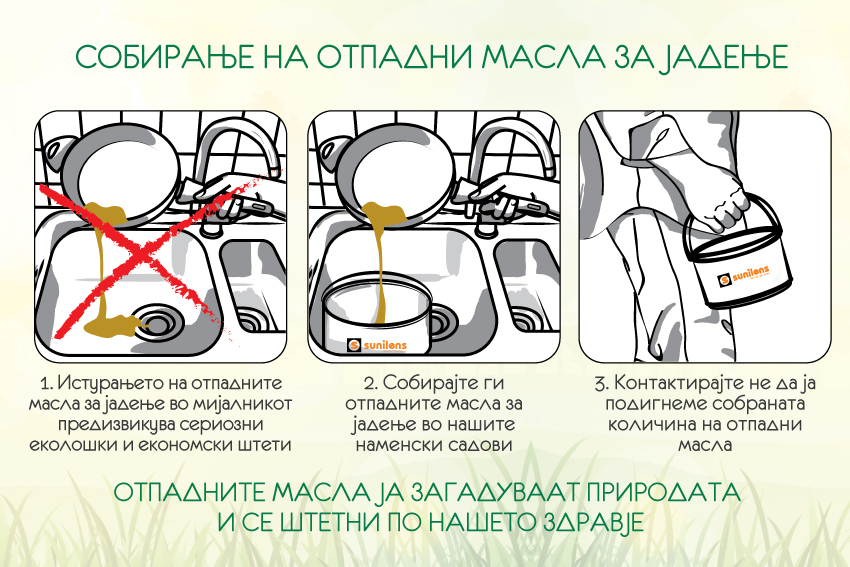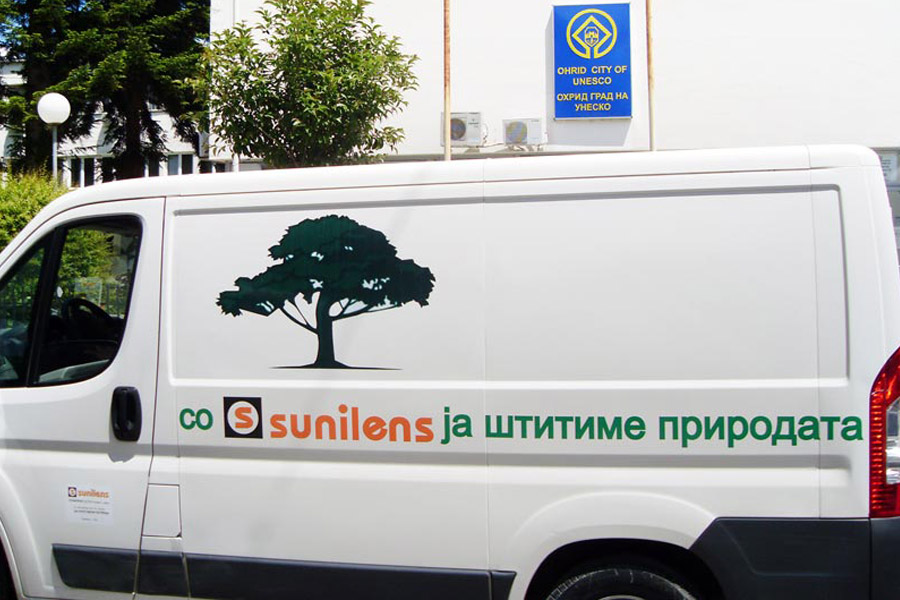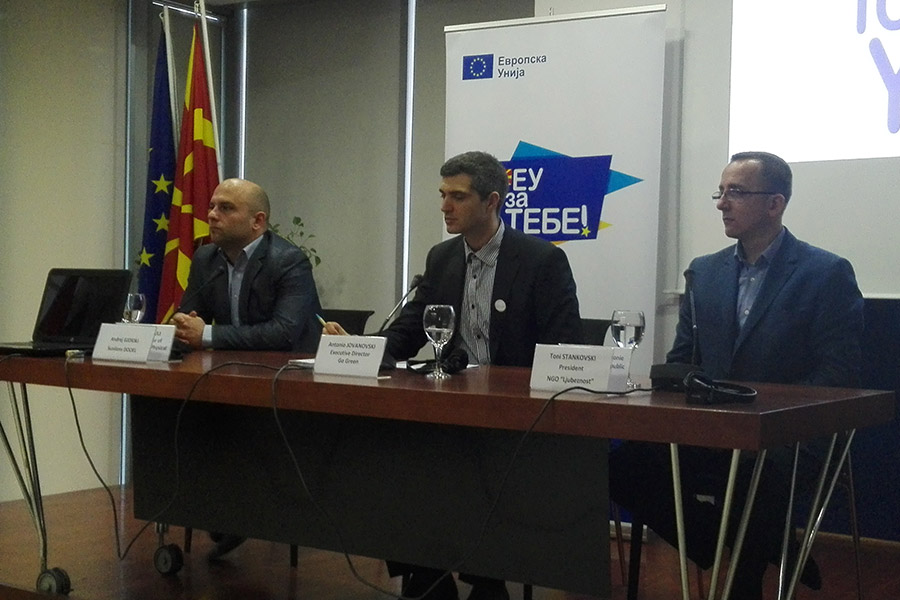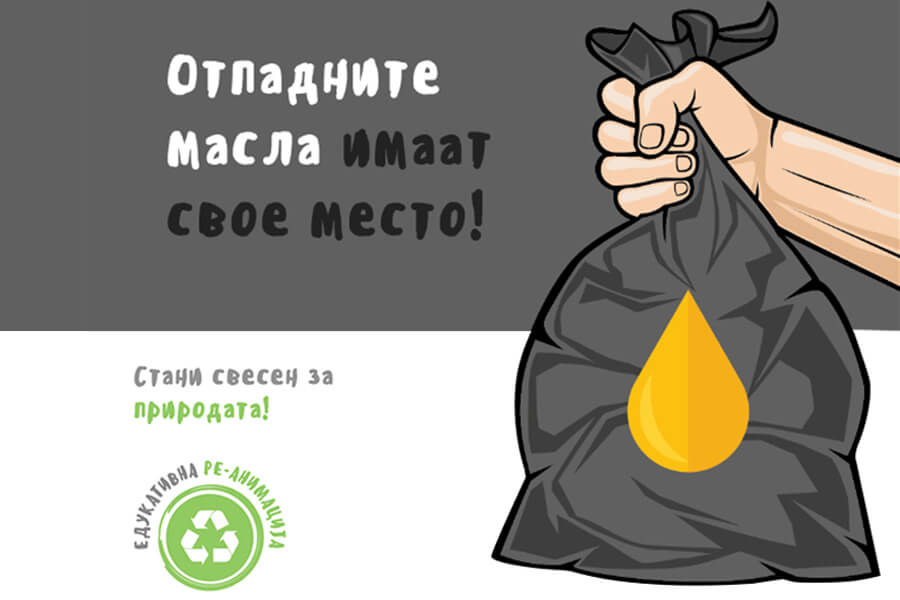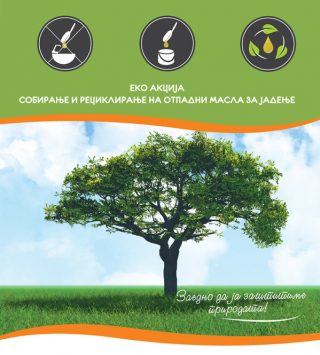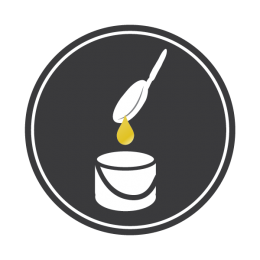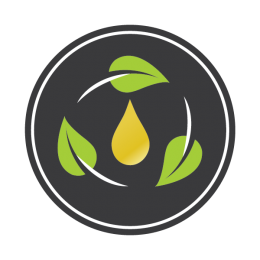EDUCATION AND PROJECTS
According to conducted analysis in the European Union (EU), the potential quantity of used cooking oil (UCO) that is available for collection per year is 8 kg per capita. If we take into account the entire EU population, which is about 500 million inhabitants, it means that the potential capacity for UCO collection is 4 million tons per year, which is 5.5 times more than the actual UCO quantity that is currently collected per annum.

EU COUNTRIES AND MACEDONIA
In practice, all EU Member States together collect around 725 thousand tons of UCO per year from the industry and the household sector. This represents a collection of 1.45 kg of UCO per capita. In Macedonia, more than 600 tons of UCO are collected per year, or 0.30 kg per capita.

Based on conducted research analysis on dietary habits and consumption of edible oils, it is estimated that 20-30% of the vegetable cooking oil ends up as used cooking oil. Estimates show that in Macedonia there is potential capacity to increase the collection of used cooking oil per year, especially from households, because until now there was no functional UCO collection system in this segment. To get closer to the European average per capita, an additional 2.000 tons of UCO should be collected per annum.
UCO RESEARCH STUDIES AND ANALYSIS
USED COOKING OIL MANAGEMENT IN MACEDONIA
FACTS ABOUT USED COOKING OIL
Harmful to Our Health
- Reusing cooking oils is harmful to our health because of the toxic compound (NHE) that accumulates in some vegetable oils over time and could cause various illnesses.
- It is highly recommended not to heat up edible oils up to a smoking point and not to reuse them in cooking and frying. When vegetable oils change their properties and become waste, they have dark brown color and sharp smell of the food that was cooked with them.
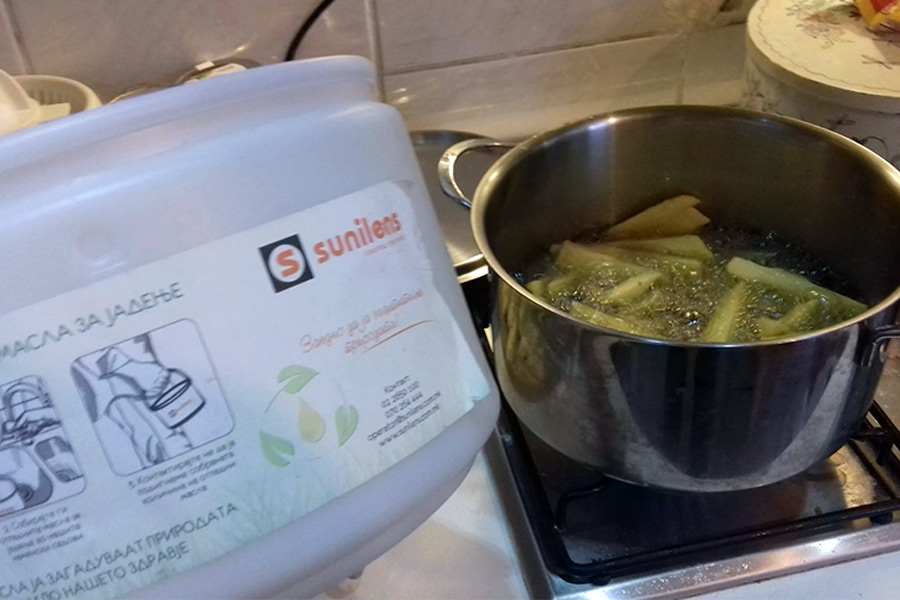
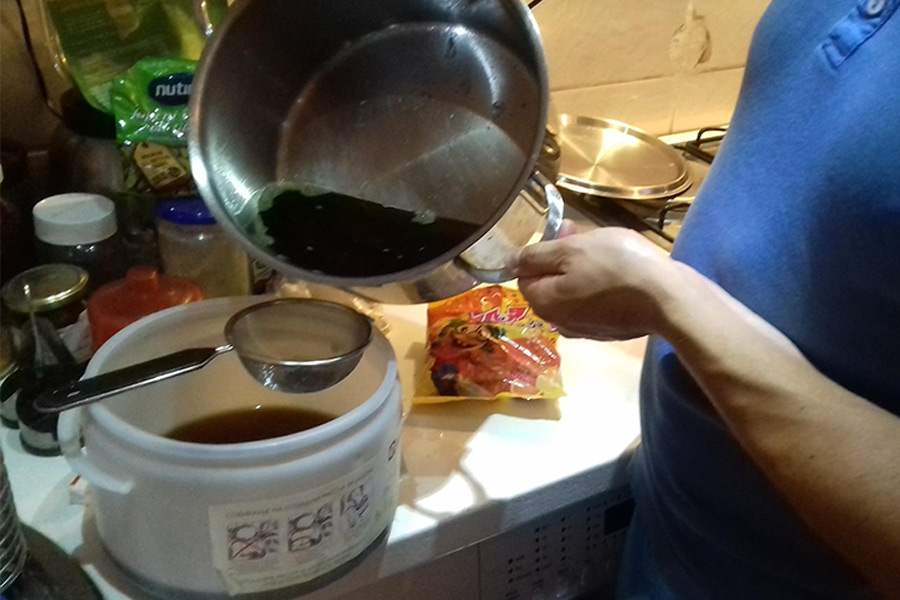
Polluting the Natural Eco Systems
- Dumping of used cooking oil down the drain accounts for 40% of the problems caused by clogged sewerage pipes. The used cooking oil could harden and in time accumulate in the pipes, a process that could result in congested public sewerage system. If the waste water cannot move freely through the pipes, it may cause leakages and spills both inside the homes and outside in the environment that could result in serious unsanitary conditions and pollution.
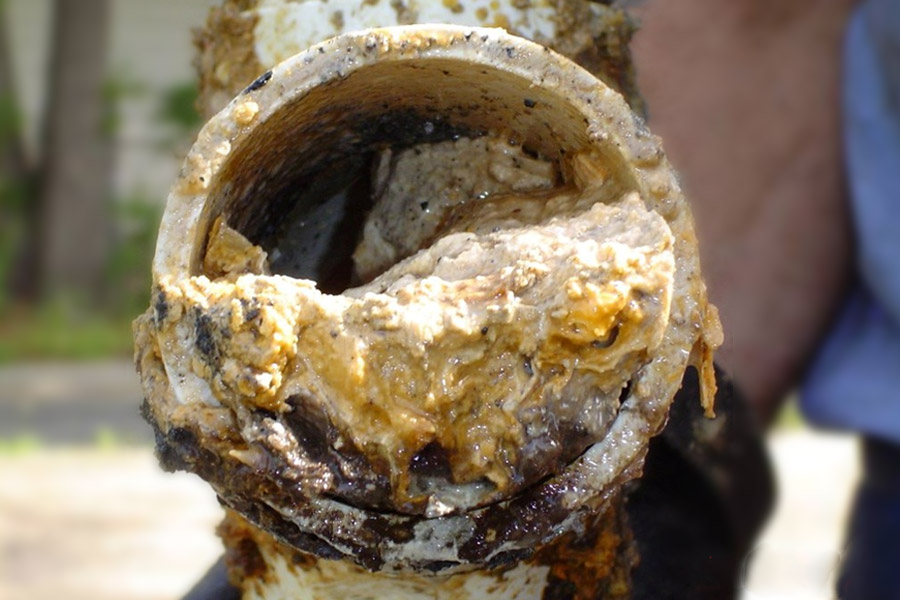
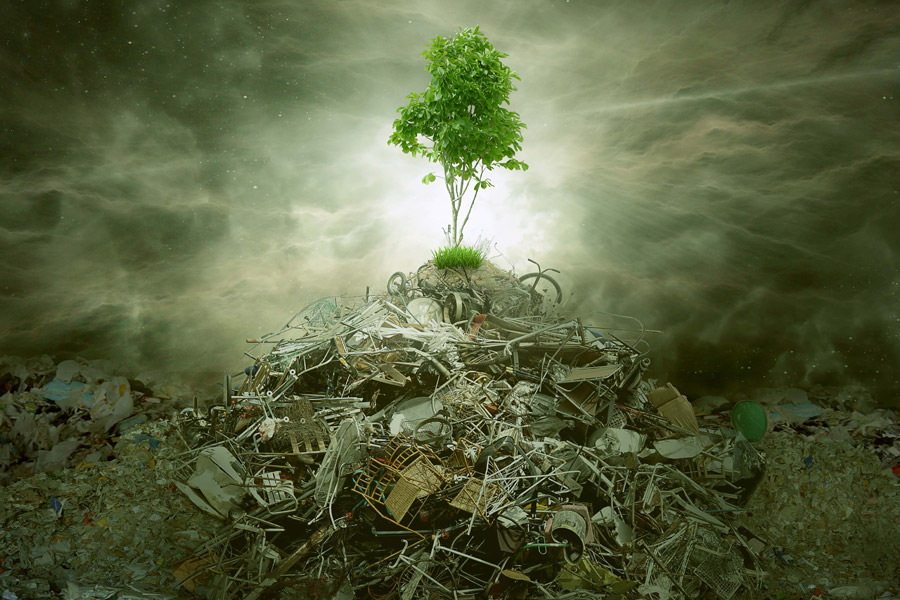
- You should never dump your used cooking oil into the kitchen sink and down the toilet drain. Instead, you should collect the UCO in separate containers and hand it over to an authorized waste management company.
- If used cooking oil is mixed with municipal or other types of waste, the risk of environmental contamination caused by leakages dramatically increases.
- Used cooking oil hardens at lower temperatures. The accumulation of UCO in a solid form on the surface of the soil prevents water and air circulation which can seriously harm and contaminate the flora and fauna.
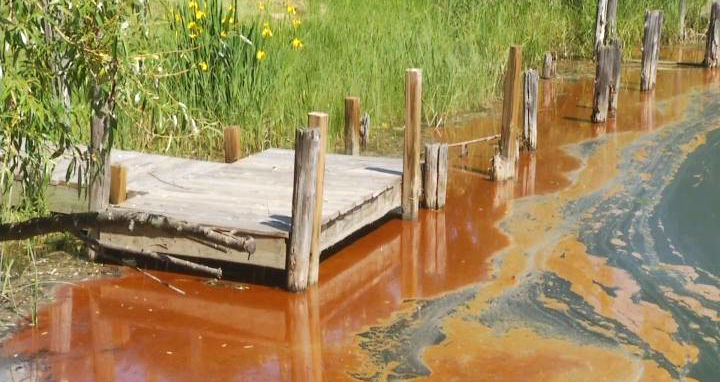
One litre of used cooking oil can pollute one million litres of clean water
- Cooking oil is lighter than water and has a tendency to spread in thin and wide membranes that prevent oxidation. Used cooking oil dumped in the sewerage system could end up in rivers, streams and lakes. UCO can seriously pollute their ecosystems by drastically reducing the oxygen and creating toxic sediment at the bottom of the river bed. This could result in catastrophic consequences for the flora and fauna.
Research analysis in several countries shows that …
- Every liter of used cooking oil dumped in the sewerage systems costs about 17 Euro cents per capita, a cost that is charged through the water supply bills.
- Water supply companies spend 17.5 million EUR per year for unblocking sewerage pipes caused by accumulated quantities of used cooking oils and fats which were dumped in the pipeline. In UK, 50-75% of all problems with the sewerage systems are caused by used cooking oils and fats, which costs around 100 million EUR per year.
- One liter of used cooking oil has the energy potential that could power a telephone charger for 1000 hours.
- One liter of used cooking oil could generate enough energy for making 240 cups of coffee.
PROJECTS
Our primary goal is to increase the public awareness, with specific focus on the younger population, about the socio-economic importance of proper used cooking oil collection and recycling. In order to accomplish our green objectives and ambitions, our team is continuously implementing educational-informative campaigns that promote the positive environmental impact of these sustainable practices.
We are striving to constantly improve the effectiveness and accessibility of our UCO collection systems for the citizens and the food industry to achieve the highest waste management standards all over the country. With this approach, we are able to continue fulfilling our long-term vision for a cleaner environment, creating high environmental values and introducing circular green economy practices in the society.

FOR EVERY 3 LITRES OF USED COOKING OIL YOU COLLECT, YOU WILL RECEIVE 0,5 LITRES OF DIJAMANT SUNFLOWER OIL
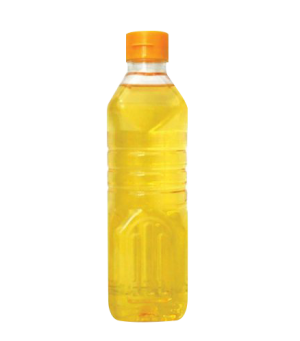
Make a donation to socially vulnerable and disadvantaged families through collection of used cooking oil… #рециклирајидонирај
Follow our blog with the latest educational-informative posts and news about our new public awareness projects for used cooking oil collection and recycling.
We collect your used cooking oil and provide special containers and collection packages.
If you would like to find out more about our used cooking oil collection system, contact us below and our team will answer all your questions:


